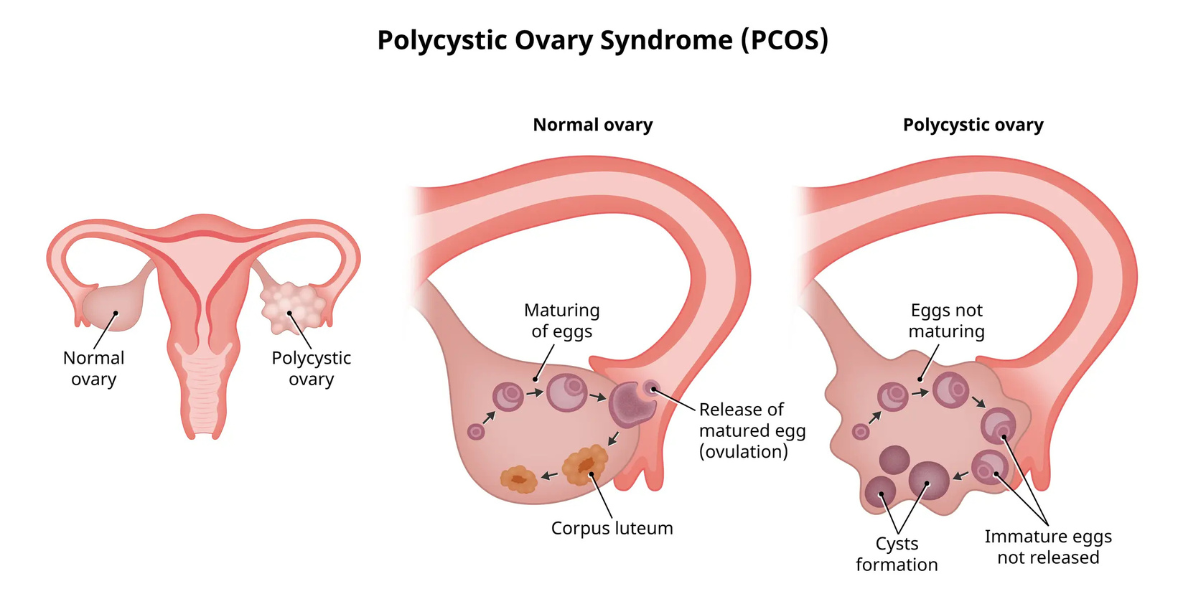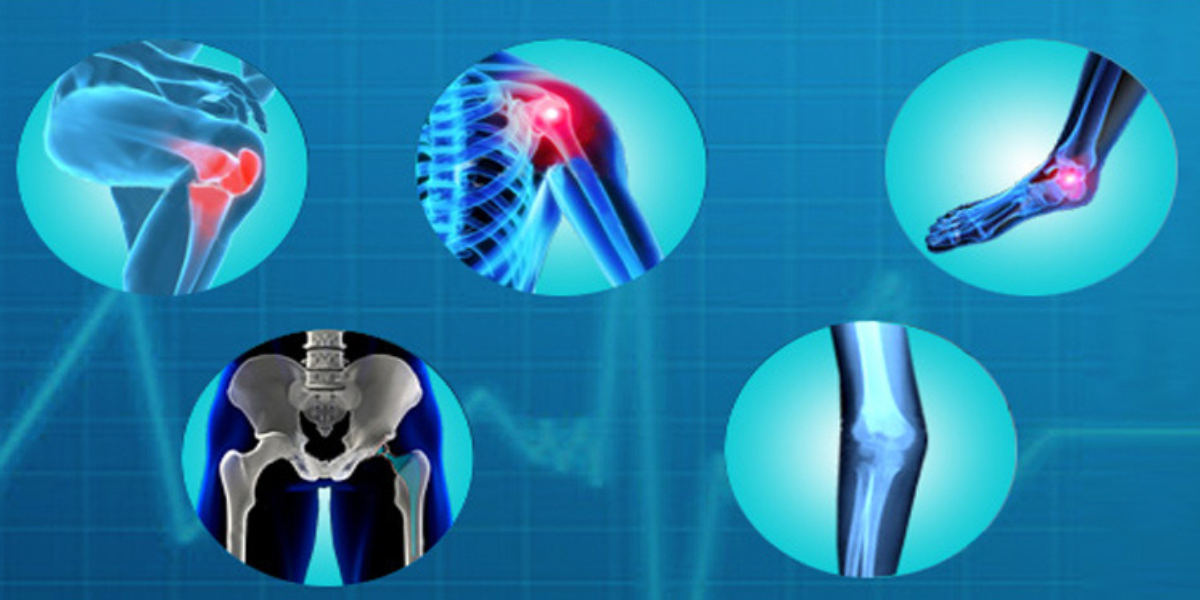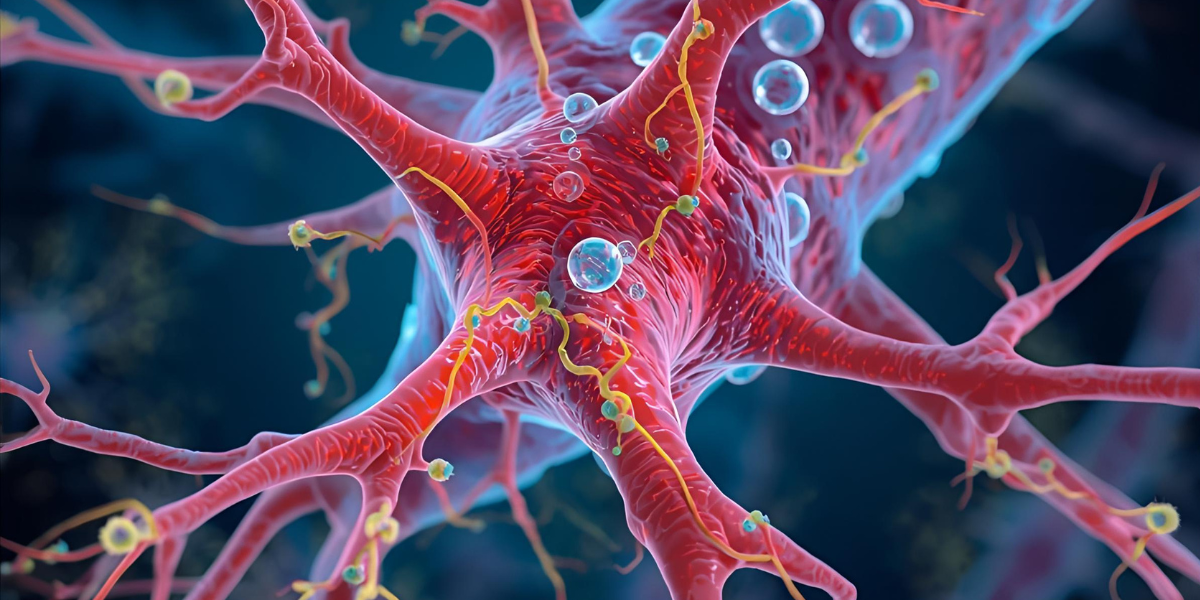
Understanding kidney diseases
Introduction
Our kidneys are vital organs that play a crucial role in maintaining our overall health. They filter waste and excess fluids from the blood, regulate blood pressure and help control electrolyte balance. However, kidneys are susceptible to various diseases that can compromise their function. In this blog, we will explore some common types of kidney problems, their causes, symptoms and potential treatments.
Chronic Kidney Disease
Chronic Kidney Disease is a long-term condition where the kidneys gradually lose their ability to function properly. It is usually caused by underlying health conditions like high blood pressure and diabetes. Chronic Kidney Disease progresses in stages and in advanced stages, patients may require dialysis or kidney transplantation to survive. Early detection through regular check-ups is crucial to slow down its progression with the help of medications like dapagliflozin.
Acute Kidney Injury
Acute Kidney Injury is a sudden and severe decline in kidney function often occurring as a result of a specific injury or medical condition. Causes of Acute Kidney Injury can include infections, severe dehydration, medication side effects or surgeries. Timely medical intervention is essential to reverse Acute Kidney Injury and prevent further damage.
Polycystic Kidney Disease
Polycystic Kidney Disease is a genetic disorder characterized by the growth of fluid-filled cysts within the kidneys. These cysts can gradually enlarge, impairing kidney function and leading to complications such as high blood pressure and kidney stones. Treatment focuses on managing symptoms and complications as there is currently no cure for Polycystic Kidney Disease.
Kidney Stones
Kidney stones are solid mineral deposits that form in the kidneys often causing severe pain when they move through the urinary tract. They can result from factors like dehydration, diet and genetics. Treatment may involve pain management, lifestyle changes or medical procedures to remove or break down the stones.
Glomerulonephritis
Glomerulonephritis is a group of diseases that damage the glomeruli, tiny filters in the kidneys responsible for removing waste and excess fluids from the blood. Inflammation in the glomeruli can result from infections, autoimmune disorders or other underlying conditions. Management may include medications to reduce inflammation and treat the underlying cause.
Urinary Tract Infections (UTIs)
PUTIs are bacterial infections that can affect any part of the urinary system including the kidneys. Symptoms may include pain, frequent urination and fever. Timely treatment with antibiotics is crucial to prevent the spread of infection to the kidneys which can lead to more severe complications.
Conclusion
Kidney diseases can have a profound impact on an individual's health and well-being. Early detection, lifestyle modifications and appropriate medical management are essential in preventing and managing kidney-related issues. Regular check-ups with a healthcare provider, maintaining a healthy diet, staying hydrated and managing underlying conditions like diabetes and high blood pressure can go a long way in preserving kidney function and overall health. If you experience any kidney-related symptoms it's essential to seek medical attention promptly to address the issue before it progresses.






